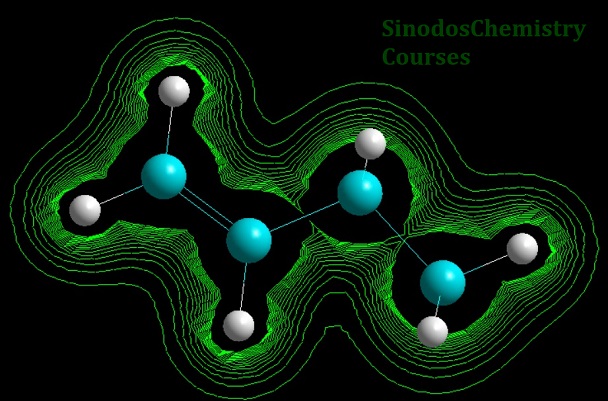Non-destructive testing

Non-destructive testing allows for checking status of materials, material properties and joints of materials without the actual destruction of any part of the investigated part. Non-destructive testing plays a major role in numerous industries including petrochemical, oil and gas, food and beverages, chemicals, manufacturing, and others. Its principle of operation is based on the specific interactions of one or more bodies/ components with the testing means which can be irradiation, ultrasounds, and others. Non-destructive testing is recognized as one of the most important parts of modern industrial practices and is covered in detail in this course.
Objectives
In this program, you will:
- Learn the types of non-destructive testing
- Learn the types of non-destructive testing
- Understand the interactions of materials and their joining points with non-destructive testing means
- Learn how to choose the appropriate non-destructive testing approach
Contents
- Introduction to non-destructive testing
- Types of non-destructive approaches
- Means of non-destructive approaches
- Applications of non-destructive testing and examples
- Ultrasonic non-destructive testing
- Acoustic resonance technology
- Angle beam testing
- Electro magnetic acoustic transducer
- Internal rotary inspection systems
- Laser Ultrasonics
- Phased array ultrasonics
- Software overview
- Recent advances and development
- Scientific review
- Future outlook
- Scientific principles of ultrasound approaches
Who should attend?
This course in intended for:
- All professionals working in a field of interest that need to enhance their understanding on non-destructive testing and ultrasound types in particular
- Management members that need to understand requirements and possibilities in the field
- University students (industrial engineers, chemical engineers, mechanical engineers) looking for an improved understanding of non-destructive techniques
Variations of the suggested outlines can be prepared on demand (terms and conditions apply)
